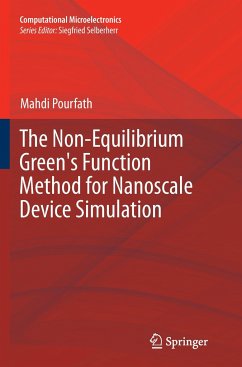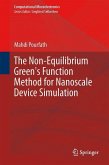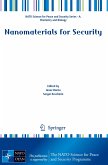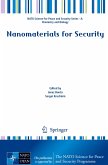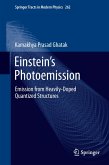For modeling the transport of carriers in nanoscale devices, a Green-function formalism is the most accurate approach. Due to the complexity of the formalism, one should have a deep understanding of the underlying principles and use smart approximations and numerical methods for solving the kinetic equations at a reasonable computational time.
In this book the required concepts from quantum and statistical mechanics and numerical methods for calculating Green functions are presented. The Green function is studied in detail for systems both under equilibrium and under nonequilibrium conditions. Because the formalism enables rigorous modeling of different scattering mechanisms in terms of self-energies, but an exact evaluation of self-energies for realistic systems is not possible, their approximation and inclusion in the quantum kinetic equations of the Green functions are elaborated. All the elements of the kinetic equations, which are the device Hamiltonian, contact self-energies and scattering self-energies, are examined and efficient methods for their evaluation are explained. Finally, the application of these methods to study novel electronic devices such as nanotubes, graphene, Si-nanowires and low-dimensional thermoelectric devices and photodetectors are discussed.
In this book the required concepts from quantum and statistical mechanics and numerical methods for calculating Green functions are presented. The Green function is studied in detail for systems both under equilibrium and under nonequilibrium conditions. Because the formalism enables rigorous modeling of different scattering mechanisms in terms of self-energies, but an exact evaluation of self-energies for realistic systems is not possible, their approximation and inclusion in the quantum kinetic equations of the Green functions are elaborated. All the elements of the kinetic equations, which are the device Hamiltonian, contact self-energies and scattering self-energies, are examined and efficient methods for their evaluation are explained. Finally, the application of these methods to study novel electronic devices such as nanotubes, graphene, Si-nanowires and low-dimensional thermoelectric devices and photodetectors are discussed.

